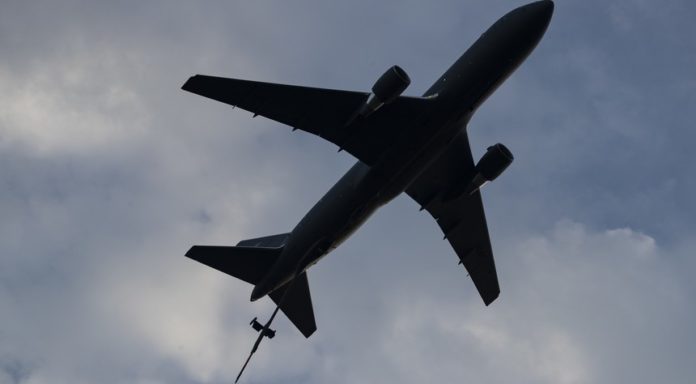Two weeks ago, innocent civilians from Mariupol, Ukraine, were finally allowed to flee after hiding for over two months in Soviet-era tunnels beneath the Avostal steel plant, one of the biggest steelwork plants on the globe. While the world is focused on Russia’s aggression and war in Eastern Europe, some European companies still buy metal from the Russian government. This is the same government that attacked the Avostal steel plants.
As the Cold War progressed, Western policymakers realized the dangers associated with dealing with the Soviet Union. They, therefore, chose to do so sparingly. The West developed its own fuel sources, its own mines, and its own weapons as part of this strategy. They defeated the Russians and ended the Cold War without firing a single shot. Vladimir Putin, modern society’s Lenin, has some powerful friends in the West. These friends are willing to do business with Putin, even though his troops destroy and devastate democratic Ukraine. The main response to Russian aggression in Ukraine is economic sanctions. Many European countries have signed on to the sanctions by American policymakers, even though they could hurt their economies. Germany has pledged to cease buying Russian fossil fuels, exemplifying this. Christian Lindner, finance minister, stated that Germany is ready to face new sanctions including an oil embargo. Russian vessels are now banned from EU ports and trucks are prohibited from using EU roads.
Unfortunately, not all EU members are on board with the sanctions. Reuters reported that Airbus asked Europe to not block titanium imports from Russia on Tuesday. The sanctions could have a negative impact on the European planemaker. Airbus receives about half the titanium it needs from Russia. This is not a reason to oppose the sanction. However, it is a reason to oppose Airbus. Airbus, while a European company is currently building weapon systems for America’s army through its U.S. subsidiary. This is a problem because the company depends on Russia for key materials.
Although it is too late to cancel the existing defense contract, the U.S. should not award Airbus any new contracts in the future. Airbus has stated publicly that it will offer a new tanker plane to be made in the United States. American company Lockheed Martin posted this year that the LMXT offering to @usairforce would be built in Georgia, Alabama, and will extend our 60+-year history of delivering tankers for U.S. and international operators. It is not an American plane, but a European version of the Airbus 330.
Pegasus is an American-made replacement for the KC-46 Pegasus. The plane is in service and can refuel up to 70% of active jets. The Pegasus was built in the USA on a dedicated production line. Air Force Gen. Jacqueline Desiree Van Ovost stated this year that it has “some key abilities that I would love to see going forward.” It’s part of the network, it’s connected. It can do even more. It’s multi-modal. It can also do probe stick boom and drogue refueling.” Her boss confirmed. Air Force Secretary Frank Kendall stated this year that “as we look at requirements, look further out. The requirements start to look more like a modified KC-46 than they do a completely new design.” The U.S. military already has an American-manufactured aircraft; why would it look like a European design?
The United States remains neutral in the conflict between Russia and Ukraine. The situation in Eastern Europe is changing rapidly and could change at any moment. However, if it does, America’s aircraft will be the first to deploy weapon systems. These aircraft will require reliable refueling tankers. Airbus’ dependence on Russian materials will not be able to compete with the made-in-America KC-46 Pegasus.




